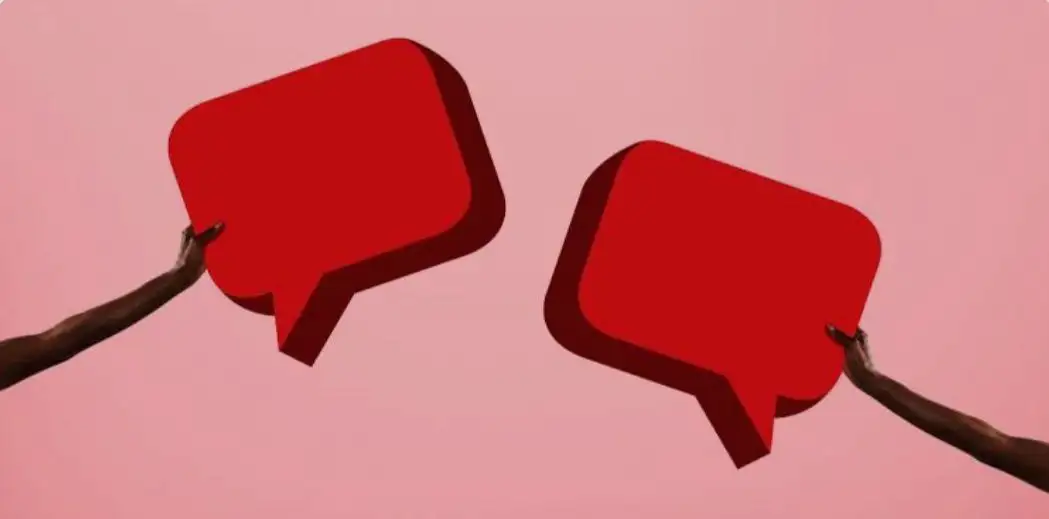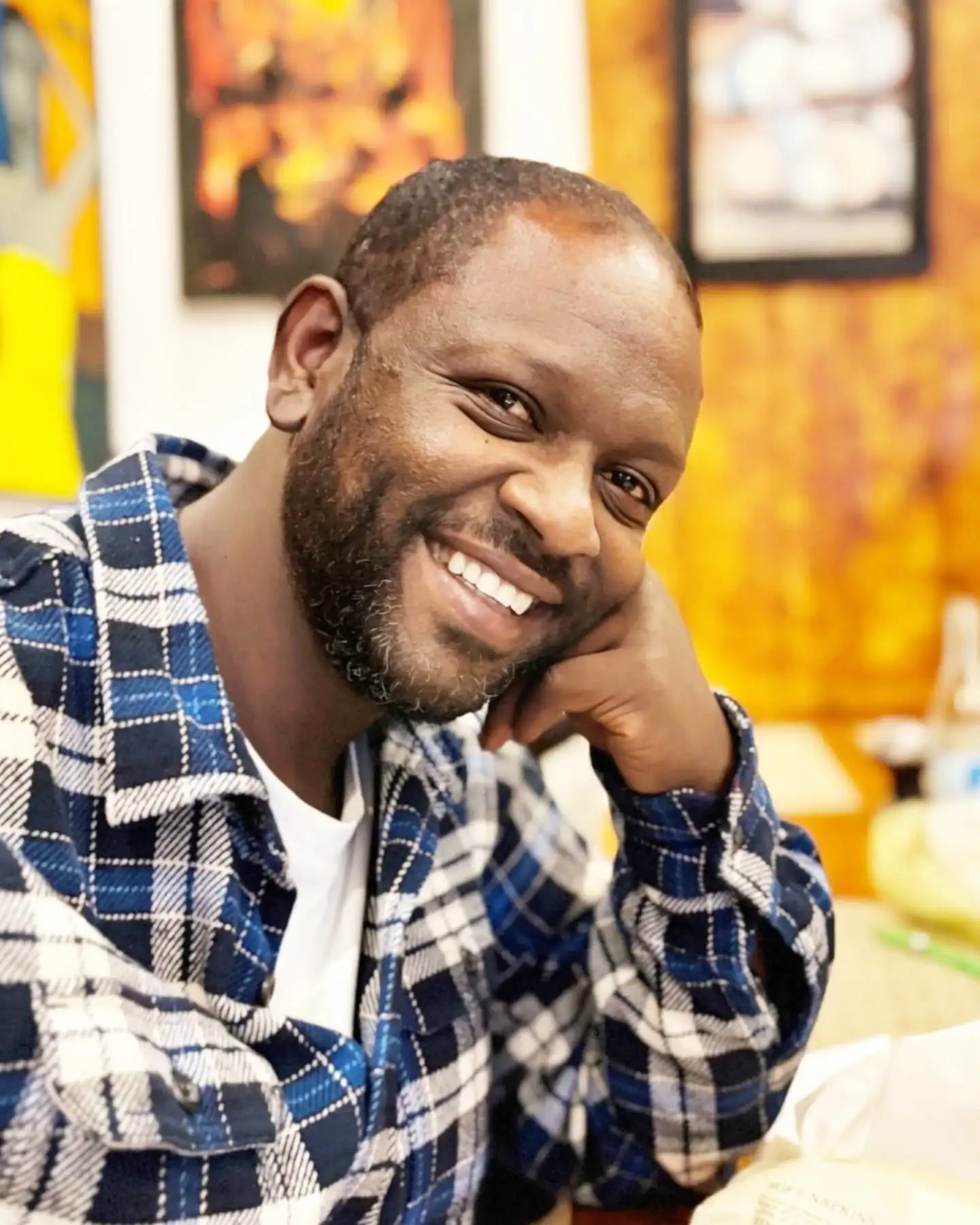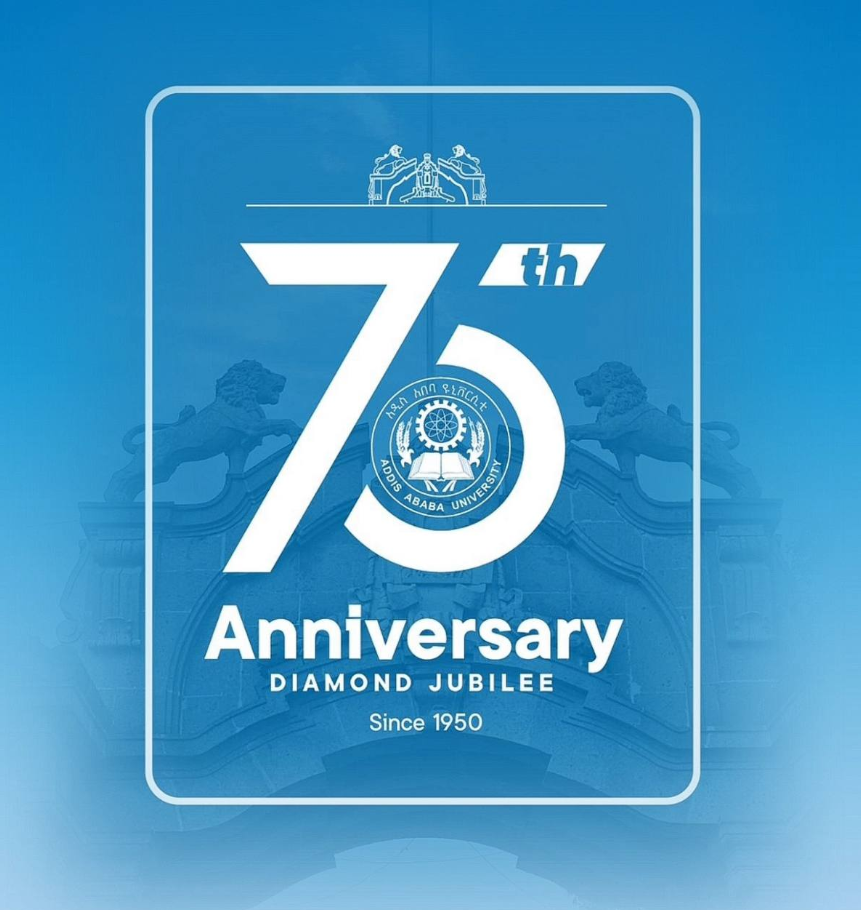By: Hawi Bussa
I was standing in line waiting for a taxi in Addis the other day, and the man in front of me turned and said the usual. Weather, traffic, a comment about how the city's infrastructure has changed so much. It was nothing out of the ordinary, just small talk, the polite little rituals that move us through our days. But I caught myself giving the same rehearsed nod, the same polite chuckle, the same autopilot response, and it struck me how strange it is that we all secretly dislike small talk, yet none of us know how to exist without it.
We pretend to be above it. We say we crave “real conversations,” the kind where someone strips down the façade and admits what’s actually going on in their life. But when the moment comes, when the floor is suddenly open and the silence invites honesty, how often do we actually take the chance? It’s easier to ask about traffic than it is to admit you’re tired of the person you’ve become, or that you feel lonely in a house full of people, or that you don’t recognize your reflection in the mirror anymore.
There’s a paradox here. Small talk is hollow, but depth is terrifying. The shallow waters are unsatisfying, yet the deep end feels too dangerous to dive into. And so we all circle the shallow end, splashing just enough to look like we’re swimming.
I think about my grandmother’s neighbors in Bishoftu, how they will stop each other in the street and begin a conversation that looks like small talk. It starts with a comment about the price of onions or the state of the rainy season, but then, if you stay long enough, you realize the onions were never really the point. Somehow, without announcing it, they arrive at a confession about a sick relative or a child’s struggles at school or the weariness that hangs over them after a long day. It makes me wonder if we in the city, or perhaps in modern life in general, have forgotten how to use small talk as a doorway rather than a wall.
When I lived abroad, I remember how many conversations ended before they ever began. Someone would ask “How are you?” and the socially correct answer was always “Good, and you?” The question wasn’t really a question, it was a passcode. You said the words to prove you belonged, to move along, to avoid awkwardness. But sometimes I wanted to respond differently. I wanted to say “Actually, I feel like I’m unraveling” or “I don’t know who I am today.” I wanted to test whether the other person would flinch or lean closer. More often than not, I swallowed it and smiled.
Maybe that’s what we all do. We long to be known, but we fear being exposed. We want others to be transparent first, so we can feel safe enough to follow. It’s a waiting game where everyone holds their cards too tightly. And so we keep circling the small talk, convinced that someone else will be the one to break the pattern.
Sometimes I wonder what would happen if we all tried to be braver in these little exchanges. What if the next time someone asked how you were doing, you told the truth? What if “How’s the weather?” became “How’s your heart?” Would people shrink away from the weight of it, or would they sigh with relief, grateful that someone finally broke the script?
It’s easy to dismiss small talk as meaningless chatter. But maybe it’s not the enemy. Maybe it’s just the first rung of the ladder, the thing that steadies us before we climb higher. The real question is, who among us will take the first step?




